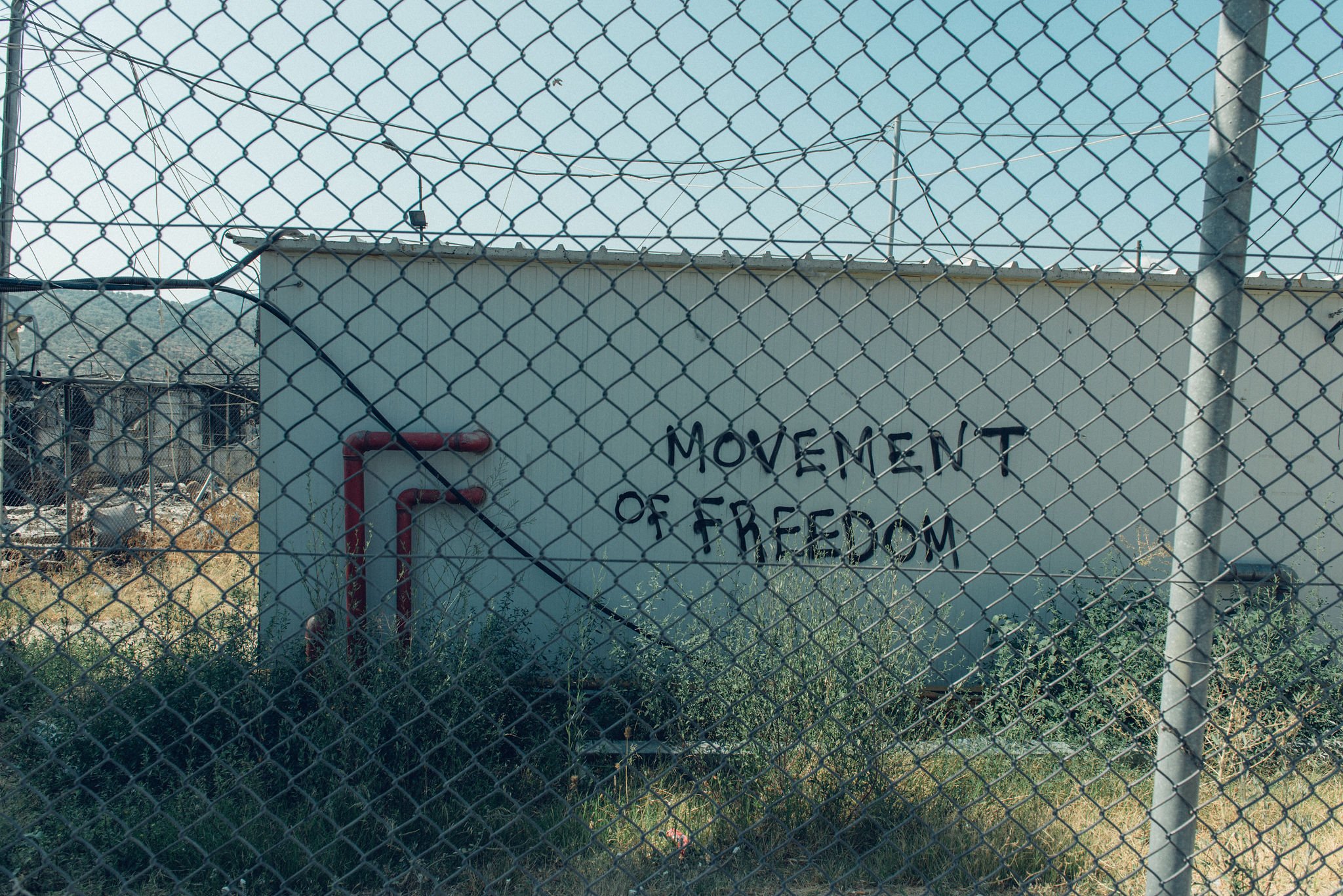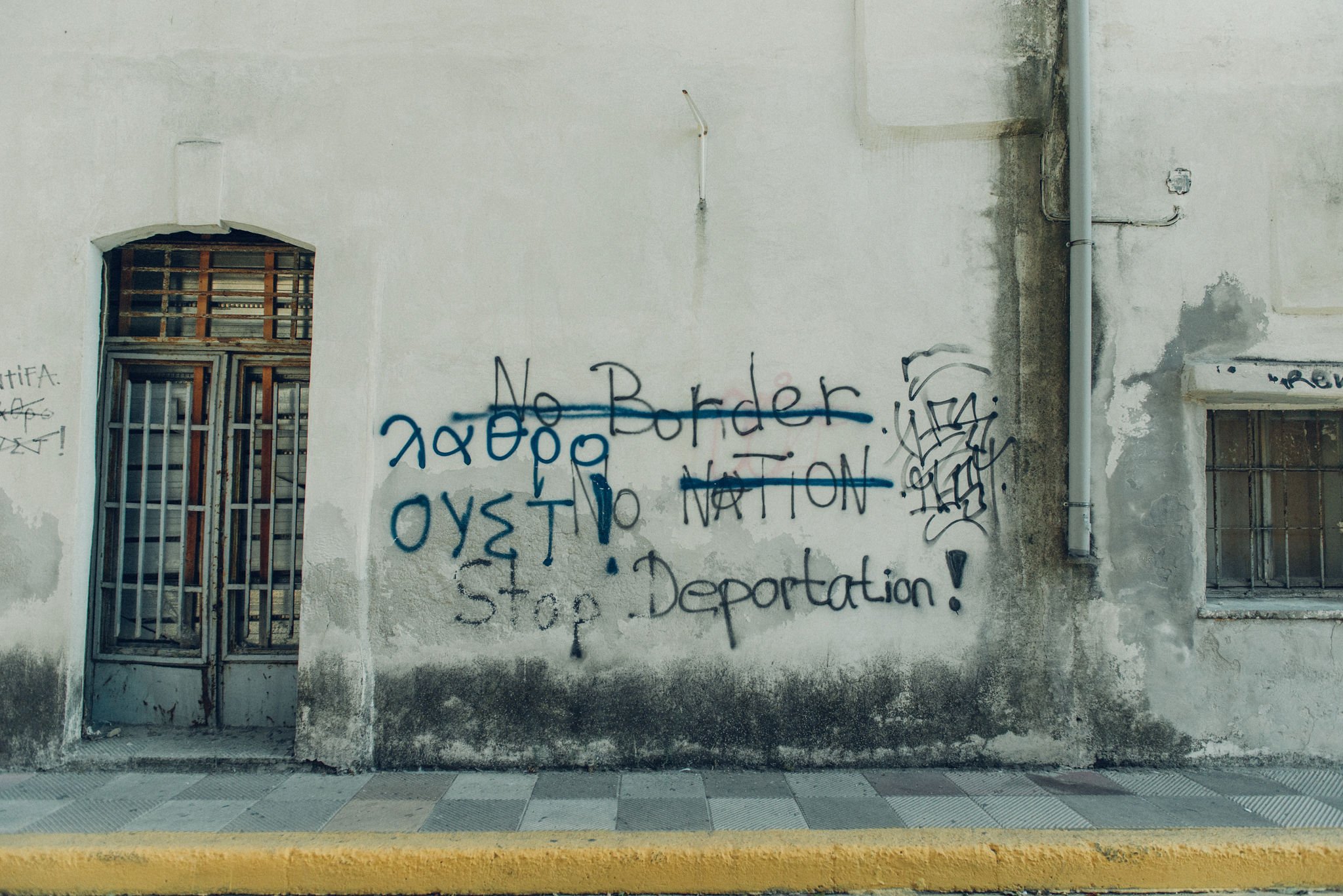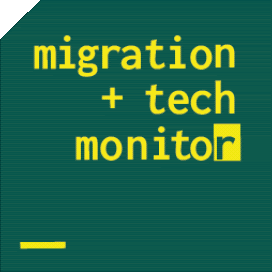
Our methodology:
The Monitor is a living and growing archive of work done at the intersection of migration and technology. We are a collective of journalists, artists, researchers, and storytellers interrogating the human impacts of border technologies.
But how do we tell complex stories, when abstract technologies and hidden practices are difficult to see?
Technology replicates power structures in society. Unfortunately, the viewpoints of those most affected are routinely excluded from the discussion. At the Monitor, we try to change this — both by giving space to the experiences of people directly affected by border tech experiments as well as by investigating and interrogating how these technologies are playing out on the ground.
Our primary goal is impact — impact to share knowledge, destabilize structures of hierarchical power, and create space for participatory work at the intersection of migration, technology, and human rights. Research for research’s sake is not our goal. Instead, we connect rigorous analysis with meaningful policy and advocacy goals, using innovative methodologies to get the public, media, and policy makers interested and involved in these issues.
We are guided by foundation questions such as:
Whose perspectives matter when talking about innovation and which priorities take precedence?
What does critical representation and meaningful participation look like — representation that puts first people’s agency and works against asymmetries of power, knowledge, and resources?
Are human rights framings enough or do they also silence the systemic, historical, and collective nature of these harms?
Read our Privacy Policy

